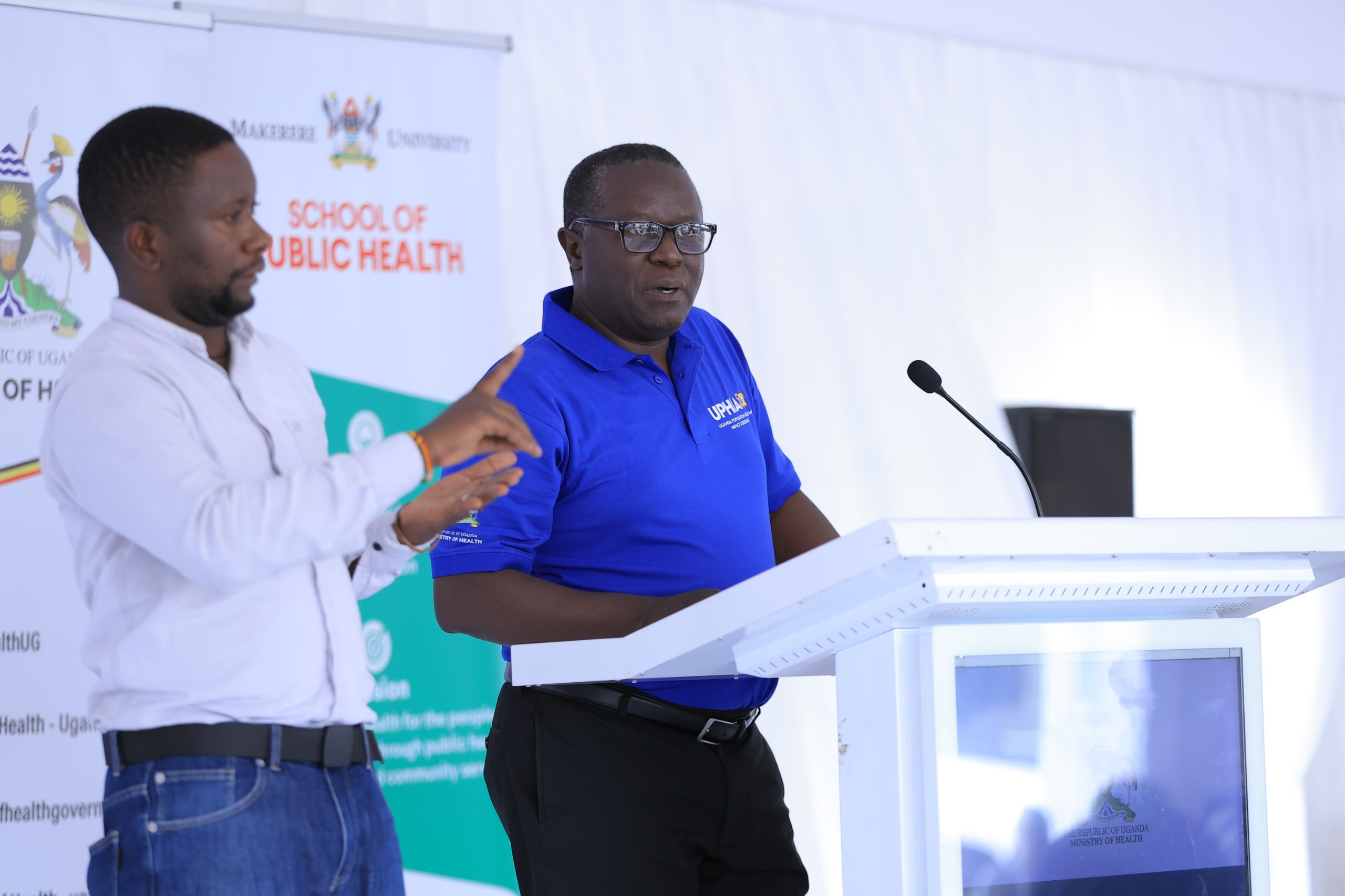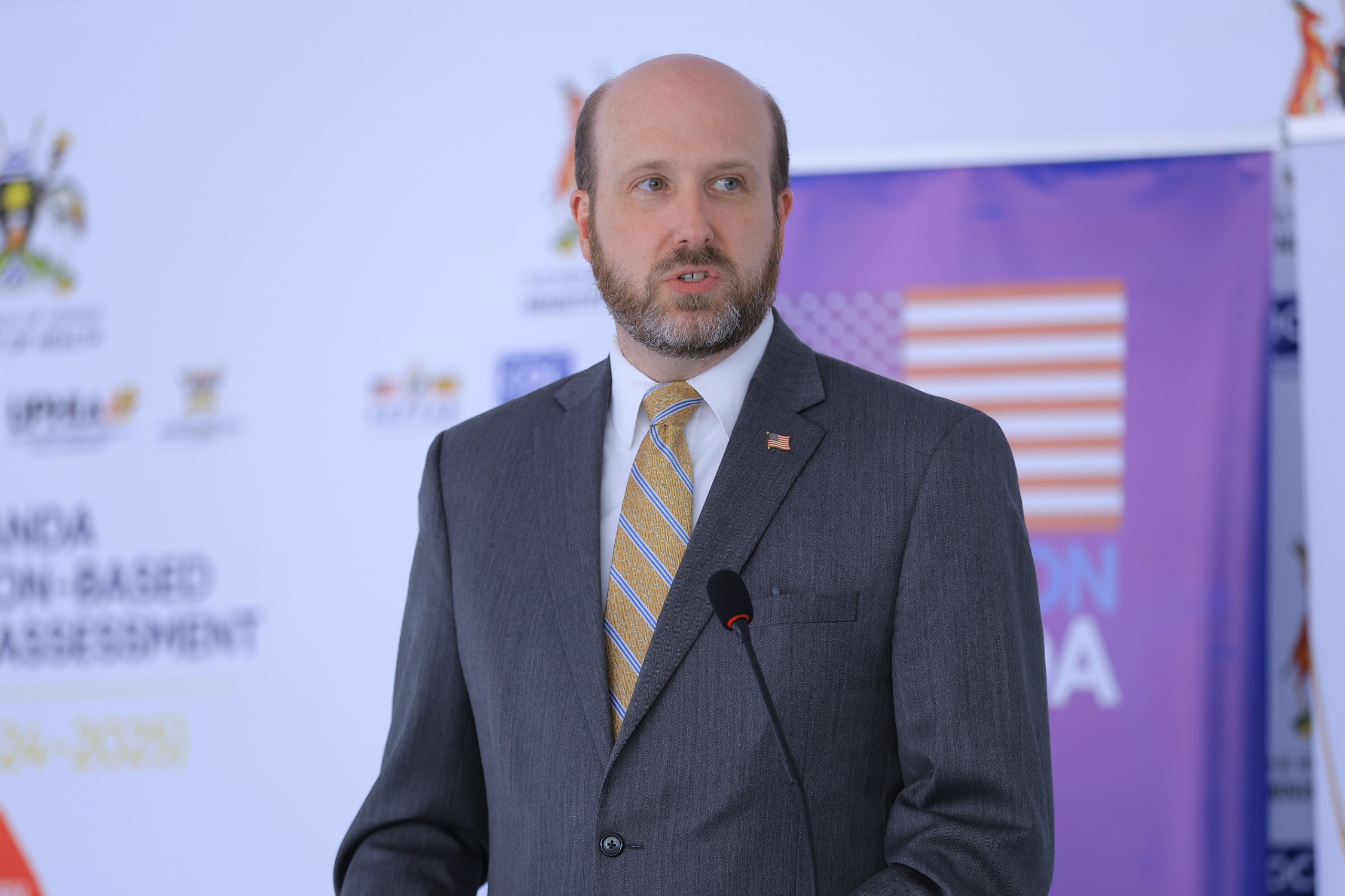The Government of Uganda, through the Ministry of Health, has officially launched the Uganda Population-Based HIV Impact Assessment (UPHIA) 2025 survey, marking a major milestone in the country’s ongoing efforts to combat HIV/AIDS and improve public health. Implemented in collaboration with Makerere University School of Public Health and the Uganda Bureau of Statistics (UBOS), the third round of the nationally representative survey aims to assess the country’s progress in the HIV response, identify existing gaps, and guide future health interventions.
UPHIA 2025 will go beyond traditional HIV metrics to capture a wider scope of health indicators. Alongside measuring HIV prevalence, new infections, viral load suppression, and risk behaviors, the survey will, for the first time, assess the burden of non-communicable diseases (NCDs) including high blood pressure, high blood sugar, and obesity. These conditions, especially among people living with HIV, are increasingly straining Uganda’s health system and require data-driven solutions. This expansion reflects a growing recognition of the intersection between infectious and non-infectious diseases.

The survey will cover 6,685 randomly selected households nationwide, engaging approximately 15,000 individuals aged 15 years and above, as well as 1,300 children aged 10-14 years. Of the adults surveyed, 14,980 are expected to participate in blood sampling for advanced testing. UBOS led the household listing, ensuring national representation. Field teams will collect data on health-seeking behaviors, service utilization, and biological markers, with strict adherence to ethical standards and informed consent procedures.
Minister of Health, Dr. Jane Ruth Aceng, called on all Ugandans to support the initiative by cooperating fully and providing accurate information. “The last UPHIA survey uncovered major gaps in reaching men and youth with HIV services. This new data will be crucial in reshaping our strategies and improving health outcomes,” she said. She also urged the survey teams to maintain the highest levels of professionalism and data integrity.

Funded by the U.S. President’s Emergency Plan for AIDS Relief (PEPFAR) and implemented by the U.S. Centers for Disease Control and Prevention (CDC), the survey has received a $10 million boost, roughly 37 billion Uganda shillings. U.S. Ambassador William W. Popp emphasized the survey’s global relevance, saying, “UPHIA 2025 will help us all move closer to a world where HIV is no longer a public health threat.” Makerere University’s Prof. Rhoda Wanyenze reaffirmed the institution’s commitment to high-quality research, stating, “We are ready to deliver data that will shape health policies not only in Uganda but across the region.”


